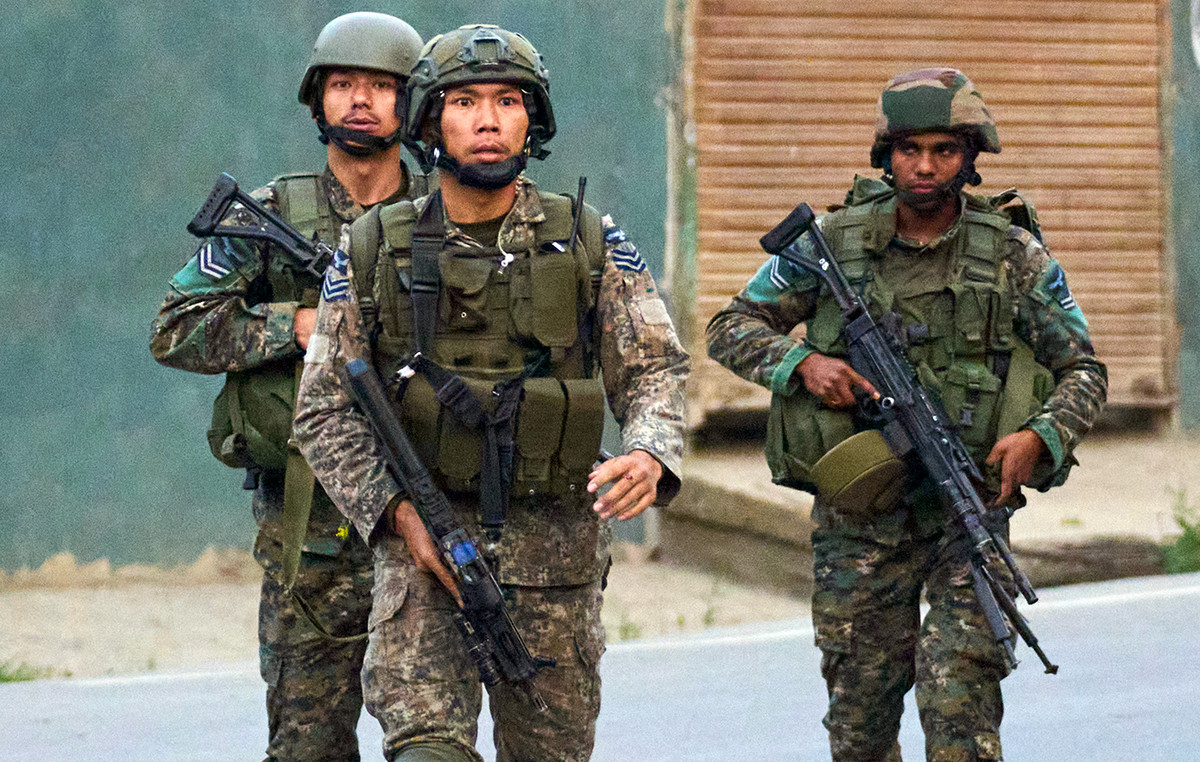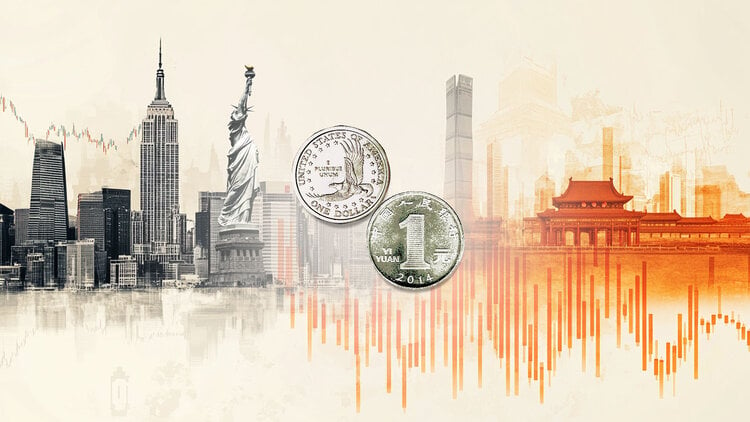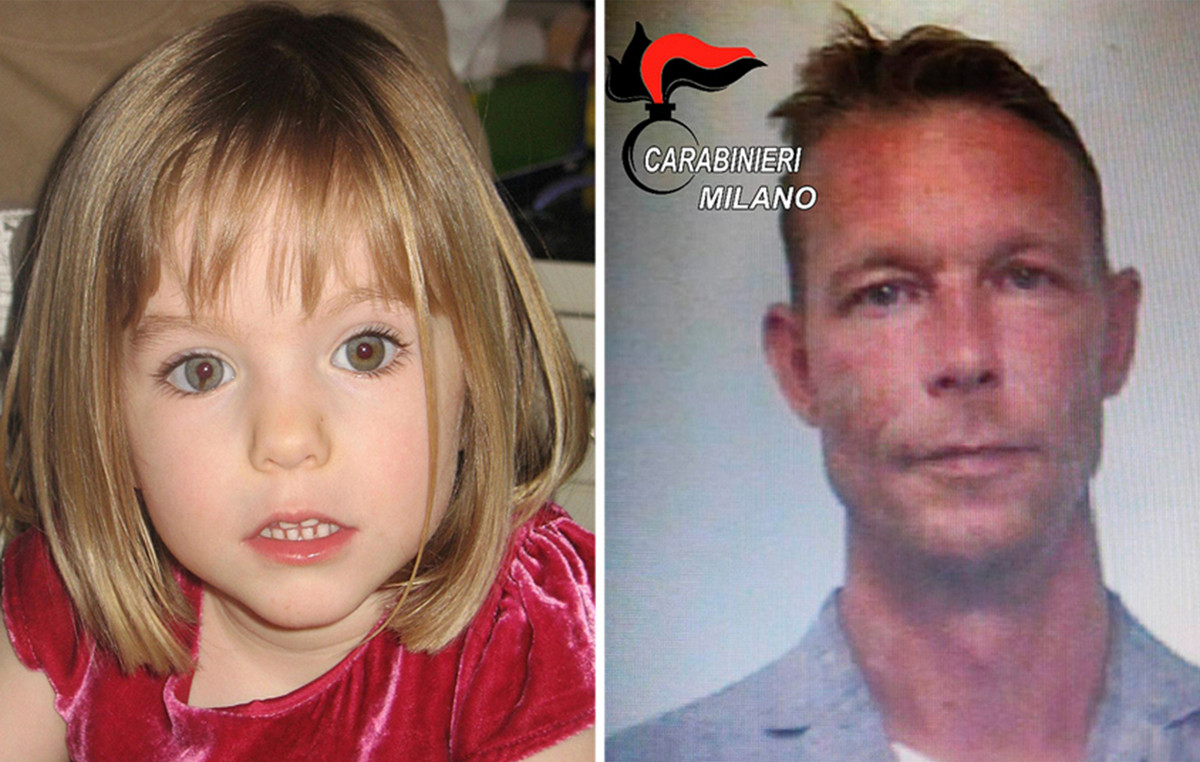Pneumonia of unknown origin. Thus, the first indications were reported to the World Health Organization (WHO), still in 2019, of what would become the disease called Covid-19 – a combination of the terms coronavirus disease in English “coronavirus disease” with the addition of the year of identification.
In the last two years, we have seen the rapid spread across the world of the virus detected in Wuhan, China. The impacts were devastating to the countries’ public and private health systems. Lack of hospital beds, shortage of supplies and personal protective equipment, struggle to buy the first vaccines. The lessons in public health are numerous, according to doctors and scientists.
the new season of CNN Vital Signs begins with an overview of the last two years of the Covid-19 pandemic. An unprecedented crisis that affected the economy, education, daily life and mental health of millions of Brazilians and people around the world.
The premiere episode of the new season, with cardiologist Roberto Kalil, premieres this Sunday (24), at 7:30 pm, reinforcing the diversified content with the brand CNN Soft.
The program brings reflections and lessons learned from experts who were on the front lines against the virus.
“In these two years, we had to work incessantly”, says Jorge Kalil, professor at the Faculty of Medicine of the University of São Paulo (USP) and director of the Immunology Laboratory at Incor. According to him, it was two years of total dedication to medicine and science. “Maybe I’ve never worked so hard in my life,” he points out.
Work overload and the fear of an unknown disease pushed many professionals to the limit.
“What I felt the most was a very high stress load. I usually sleep very well, but I would wake up at two, three in the morning and I couldn’t sleep anymore. Always that in mind because it is the idea of light in the dark: if there is no wind in candlelight, what will it be like tomorrow?”, says the director of the Psychology and Neuropsychology Service of the Institute of Psychiatry at Hospital das Clínicas de São Paulo, Antonio Seraphim.
Infectologist David Uip says he had panic symptoms triggered by stress. “It was a different fear than when I had Covid. With Covid, I had that fear of the next day, how will I wake up tomorrow. When I had this physical and emotional exhaustion, I was afraid of imminent death, I felt like it wasn’t going to happen,” he reveals.
Kalil also talks with professor and philosopher Mario Sergio Cortella, who presents reflections on pain and fear as mechanisms to protect integrity.
“Both things serve so that I don’t take risks for nothing or I have a vital sign that something is not going well, in this sense pain and fear are not bad. However, when fear is maximized, it becomes almost panic and fear transformed into panic leads to a lack of control, almost to inaction, to disorientation”, says Cortella.
Various impacts of the pandemic
The episode also features the participation of doctor Ho Yeh Li, who was the first to go to Wuhan, the epicenter of the pandemic, to rescue Brazilians who were in China. She points out that in addition to the physical consequences, contamination can also cause emotional sequelae.
“We have the physical side and we have the emotional side too. It’s not just those who had Covid, but the people who were indirectly affected in this pandemic, the families, those who lost (people), the number of orphans we have”, says Ho, who works as coordinator of the infectious diseases ICU at the Central Institute of Hospital das Clínicas.
Respiratory transmission disease can cause a series of symptoms that go beyond the reflexes of damage to the lungs, such as difficulty breathing. People who suffer from the so-called “long Covid-19” may present with conditions that include neurological, behavioral changes, insomnia, muscle and joint pain. Recovered patients may also experience loss of smell and taste, clinical conditions technically called anosmia and ageusia, respectively.
Despite the impacts on mental health, recovered patients also claim to emerge stronger from the disease. “I learned good things, especially the solidarity of the population”, says Carlos Carvalho, director of the Pulmonology Division at Incor and a doctor who headed the Covid-19 treatment protocols by the Ministry of Health.
Researcher Ester Sabino, a professor at the Faculty of Medicine and the Institute of Tropical Medicine at USP, led the group that carried out the first genomic sequencing of the new coronavirus in Brazil. She claims to draw two positive lessons from the pandemic: “we came out stronger and people started to better understand what scientists do”.
Source: CNN Brasil







